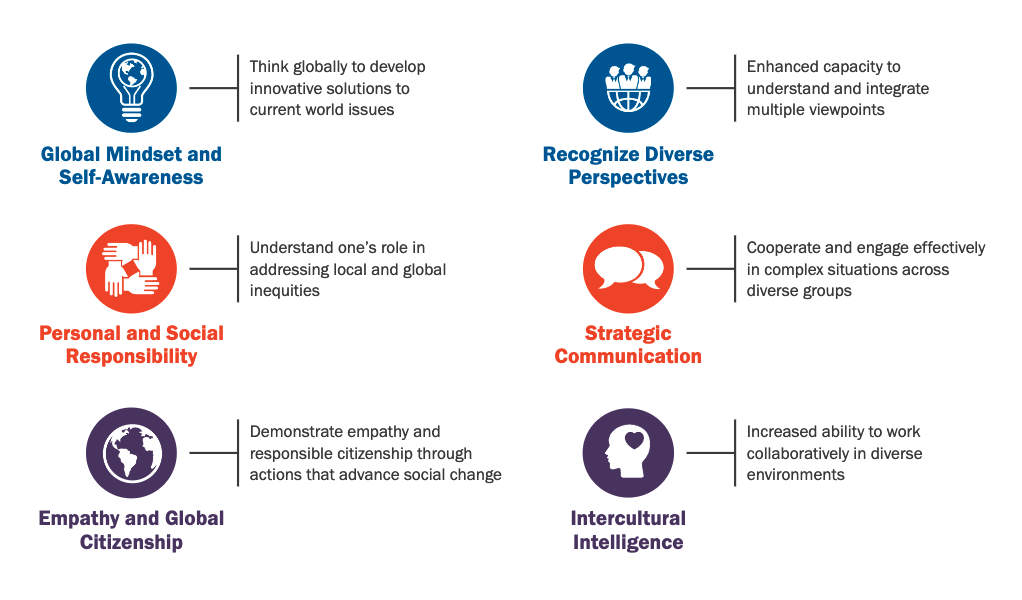Program Learning Outcomes and Curriculum
Your program curriculum is designed to ensure graduates acquire the essential skills, knowledge, and attitudes appropriate and relevant to both the needs of students and employers.
Program Vocational Learning Outcomes
Program vocational learning outcomes describe what graduates of the program have demonstrated they can do with the knowledge and skills they have achieved during their studies. The outcomes are closely tied to the needs of the workplace. Through assessment (e.g., assignments and tests), students verify their ability to reliably perform these outcomes before graduating.
As a graduate of this program, you will reliably demonstrate the ability to:
1. Analyze management practices and the functional areas of operation
within museums and cultural and heritage organization.
2. Develop and implement effective marketing and social media strategies to
meet typical needs of various museums and culture and heritage
establishments.
3. Develop and apply information management strategies using social media
to access non-traditional markets related to museums and cultural and
heritage organizations.
4. Use budget planning and project management principles to execute and
manage various museum and cultural heritage programs.
5. Design and execute effective customer-centered public education
strategies related to exhibits, collections and assets for diverse audiences.
6. Analyze and prepare fundraising and grant applications undertakings
specific to museums, culture and heritage establishments, including
private sector, foundation and government agencies.
7. Enhance and implement approved conservation principles in all museum
practices to ensure the long-term preservation of objects.
8. Develop and apply technical skills related to exhibition, museum design
and visitor experience.
9. Evaluate the social, cultural, environmental and economic impact of
museums and cultural and heritage organizations at the local and global
level.
Essential Employability Skills Outcomes
Essential Employable Skills (EES) are skills that, regardless of a student’s program or discipline, are critical for success in the workplace, in day-to-day living, and for lifelong learning. Each course in the program addresses two to four EES outcomes.
As a graduate of this program, you will reliably demonstrate the ability to:
1. communicate clearly, concisely and correctly in the written, spoken, and
visual form that fulfills the purpose and meets the needs of the audience.
2. respond to written, spoken, or visual messages in a manner that ensures
effective communication.
3. execute mathematical operations accurately.
4. apply a systematic approach to solve problems.
5. use a variety of thinking skills to anticipate and solve problems.
6. locate, select, organize, and document information using appropriate
technology and information systems.
7. analyze, evaluate, and apply relevant information from a variety of
sources.
8. show respect for the diverse opinions, values, belief systems, and
contributions of others.
9. interact with others in groups or teams in ways that contribute to effective
working relationships and the achievement of goals.
10. manage the use of time and other resources to complete projects.
11. take responsibility for one’s own actions, decisions, and consequences.
Global Citizenship and Equity Learning Outcomes
There are six Global Citizenship and Equity (GCE) learning outcomes integrated into Diploma and Advanced Diploma programs as a component of Centennial’s Signature Learning Experience (SLE). The SLE reflects the College’s promise to provide students with a distinctive and inclusive educational experience that builds on a foundation of global citizenship, equity, and social justice. Certificate and Graduate Certificates also include at least two GCE learning outcomes. The GCE learning outcomes are:
- Identify one’s role and responsibilities as a global citizen in personal and professional life.
- Identify beliefs, values and behaviours that form individual and community identities and the basis for respectful relationships.
- Analyze issues of equity at the personal, professional, and global level.
- Analyze the use of the world’s resources to achieve sustainability and equitable distribution at the personal, professional, and global level.
- Identify and challenge unjust practices in local and global systems.
- Support personal and social responsibility initiatives at the local, national, and global level.
Global Citizenship and Equity Portfolio
As a component of the SLE, Diploma and Advanced Diploma program students will complete the Global Citizenship and Equity (GCE) Portfolio. Building the GCE Portfolio is a process of documenting your GCE learning. Each item selected for inclusion in the portfolio demonstrates growth and understanding of Global Citizenship and Equity within your program of study.

Students are encouraged to develop their GCE Portfolio beginning in their first semester. You will add artifacts from coursework and accompanying reflections as well as artifacts arising from co-curricular activities, volunteering, etc. to your portfolio as you progress through the program. You are encouraged to use the ePortfolio tools available on eCentennial, as well as to develop an online professional portfolio presence through LinkedIn and/or other personal websites/blogs.
Curriculum Frameworks
Include other curriculum information, if any and applicable, e.g., curriculum themes, structure, frameworks, scaffolding, etc.
